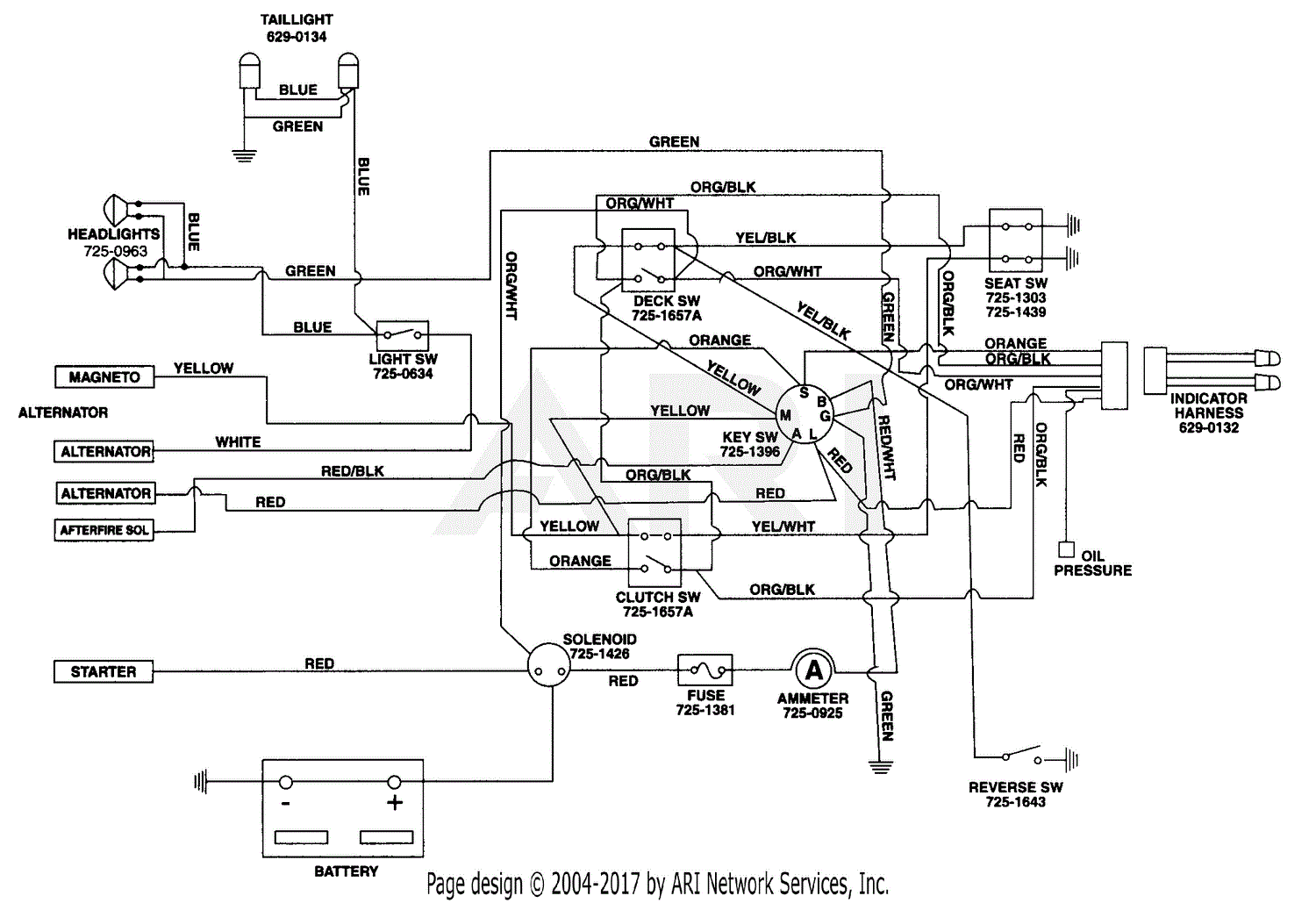John Deere Lt155 Electrical Wiring Diagram
When it comes to understanding the electrical system of your John Deere Lt155, having access to the electrical wiring diagram is crucial. This diagram provides a visual representation of the electrical connections and components within your Lt155, allowing you to troubleshoot and repair any electrical issues that may arise.
Why John Deere Lt155 Electrical Wiring Diagrams are Essential
- Helps identify the different components of the electrical system
- Allows you to trace the flow of electricity through the system
- Aids in diagnosing and fixing electrical problems
- Ensures proper installation of new components
How to Read and Interpret John Deere Lt155 Electrical Wiring Diagrams
Reading and interpreting electrical wiring diagrams may seem daunting at first, but with a little guidance, you can effectively decipher the information they provide:
- Start by familiarizing yourself with the symbols and color codes used in the diagram
- Follow the flow of the wiring from the battery to the various components
- Pay attention to the connections and junctions where multiple wires meet
- Refer to the key or legend provided in the diagram for additional information
Using John Deere Lt155 Electrical Wiring Diagrams for Troubleshooting
Electrical problems in your John Deere Lt155 can be frustrating, but the wiring diagram can be a valuable tool in troubleshooting these issues:
- Identify the specific circuit or component that may be causing the problem
- Check for continuity and voltage at various points in the circuit
- Use the diagram to locate potential areas of concern, such as damaged wires or faulty connections
- Refer to the wiring diagram to ensure proper reassembly after making repairs
It’s important to remember that safety should always be a top priority when working with electrical systems. Here are some tips to keep in mind:
- Always disconnect the battery before working on any electrical components
- Use insulated tools to prevent shock hazards
- Avoid working on electrical systems in wet or damp conditions
- If you are unsure about a particular electrical issue, seek the assistance of a professional mechanic
John Deere Lt155 Electrical Wiring Diagram
John Deere Lt155 Wiring Diagram With Electric Clutch

John deere lt155 wiring diagram

John Deere Lt155 Electrical Wiring Diagram – Online Schematic Wiring

The Ultimate Guide to Understanding the John Deere LT155 Electrical Diagram
